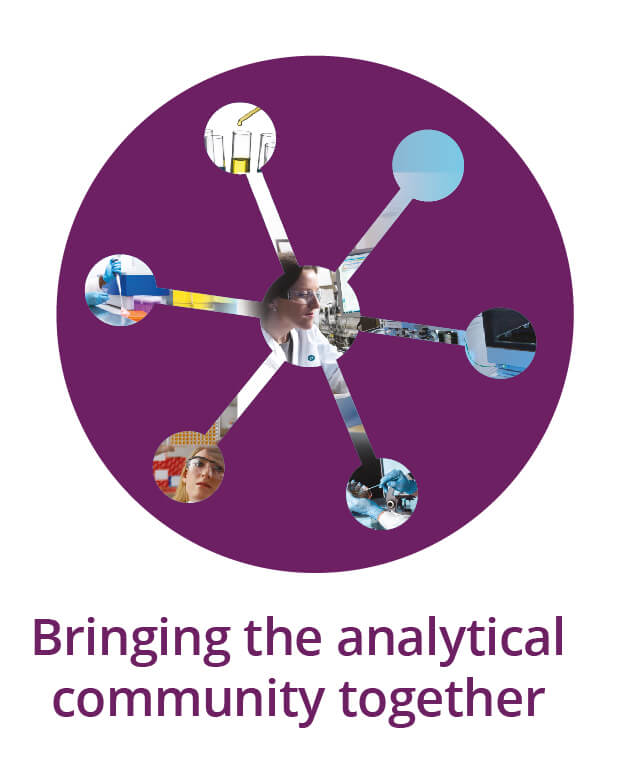Measurement science plays a key – yet often overlooked – role in research and innovation, and their translation into industry. From healthcare to consumer products, energy and environmental regulation, analytical science is ubiquitous – a hallmark of a modern and vibrant economy. Yet, when The Royal Society of Chemistry (RSC) and the Engineering and Physical Sciences Research Council (EPSRC) conducted landscaping reviews of the field (1) in 2015, the findings did not reflect the essentiality of this space.
The EPSRC makes clear the need to actively strengthen analytical sciences in the UK to maintain current standards. If not, adverse consequences will be felt across the entire UK science sector. The solution? A “centralized organization, capable of propelling the field forward,” says the EPSRC.
Enter stage right: The Community for Analytical Measurement Science (CAMS) (2), an initiative designed to build on the foundations laid by the EPSRC’s 2015 report. “Measurement science is a crucial enabler of multidisciplinary scientific research and innovation,” says Melissa Hanna-Brown, Chair of the CAMS Executive Board. “Yet, it is apparent that there are major issues – notably the field’s poor public profile, as well as a lack of proactivity regarding the implementation of emergent technologies across sectors. It is important we address these challenges to maintain one of the UK’s biggest strengths – its leadership in science and innovation,” she says. This June, after significant effort to unite the community, CAMS celebrated their highly anticipated launch at the RSC. Now the hard work begins.
Their first line of attack: emergent technology. Measurement scientists have an important role to play in the era of ‘Big Data’, and, referencing a report by NASA (3), Hanna-Brown is keen to stress the importance of measurement science in challenging new areas; in particular, the seamless integration of analytical instruments with advanced computational modelling, predictive software and simulation tools. “Looking forward, we must improve on our existing abilities to produce and measure masses of high-quality data to fully understand our analytical limitations, and how these data can be applied to derive meaningful insight into problems,” she says.
Modern challenges require modern solutions. And education is no exception: “Many training materials – even those produced five or ten years ago – do not meet today’s requirements,” says Julian Braybrook, UK Government Chemist. (Julian expands on the importance of education and collaboration here) “In addition to supporting new studentships, postdoctoral positions and other academic posts, CAMS is working with a number of e-learning companies to produce the educational material demanded by today’s workforce.”
A consortium of UK universities – the CAMS Measurement Science Research Institute – is working to anchor these initiatives and facilitate analytical research under CAMS’ leadership. Hanna-Brown is pleased with current progress and remains optimistic for the future: “The goal is to bring cohesiveness to the community – ensuring a sustainable pipeline of analytical measurement talent. By establishing a central, innovative core, we can drive progress in science, technology, and education.”

References
- EPSRC, “EPSRC Review of Analytical Sciences” (2015). Available at: https://bit.ly/30Yr46C. Accessed August 6 2019. Accessed September 2 2019.
- CAMS, “CAMS: Community for Analytical Measurement Science” (2019). Available at: https://bit.ly/2YyihXs. Accessed August 6 2019. Accessed September 2 2019.
- X Liu & D Furrer, “Vision 2040: A Roadmap for Integrated, Multiscale Modeling and Simulation of Materials and Systems” (2013). Accessible at: https://go.nasa.gov/2M98a93. Accessed September 2 2019.




